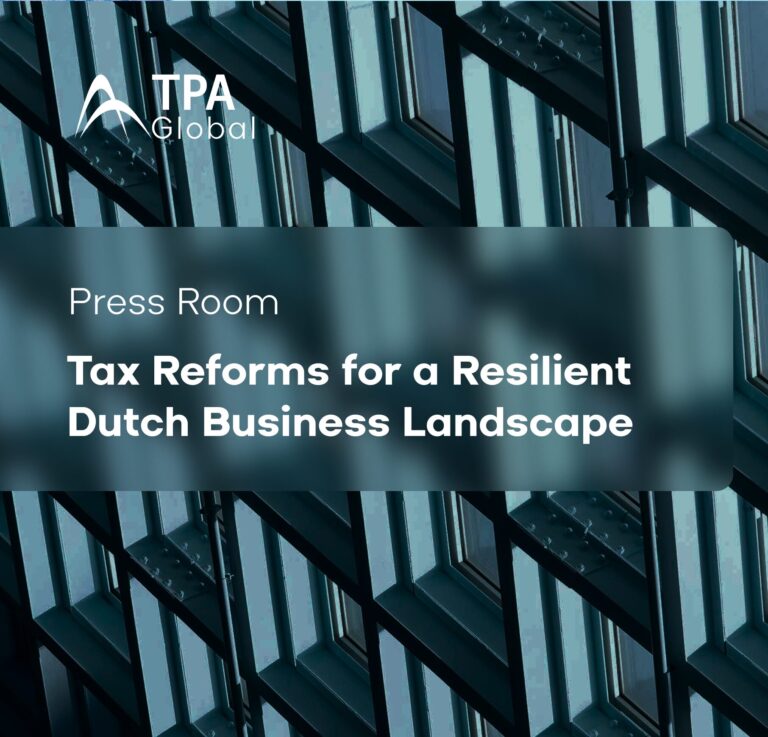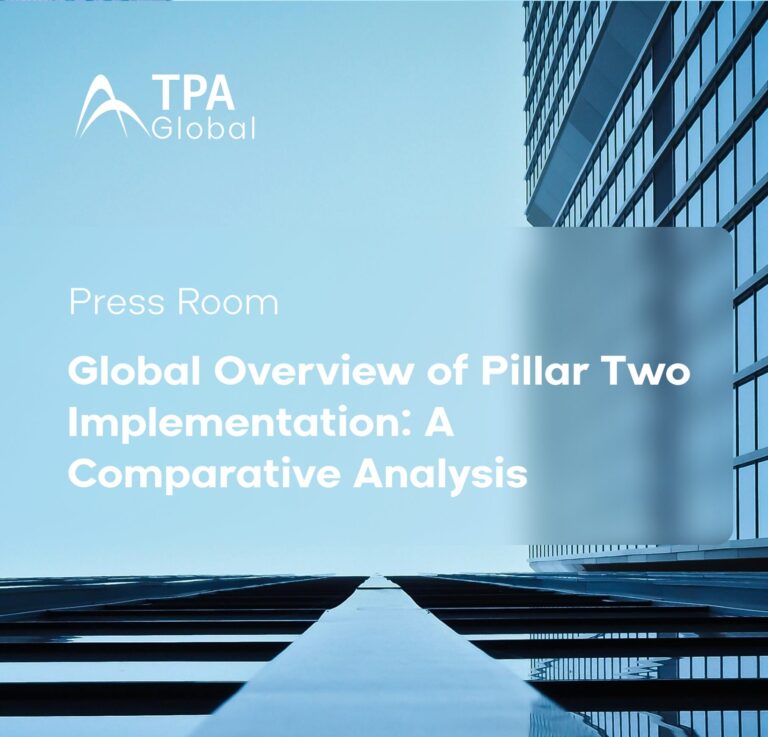The Chinese Ministry of Finance and the State Administration of Taxation published several bulletins on tax relief policies to limit the economic impact of the coronavirus epidemic on businesses and individuals. These tax relief policies will be implemented from January 1, 2020. The expiration date will be announced separately depending on the epidemic situation.
In order to improve the prevention and control of the coronavirus, China adopted the following tax relief measures:
- The production equipment newly purchased for the expansion of production capacity is allowed to be included in the current cost and deducted of corporate income tax;
- Manufacturers with key protection materials for epidemic prevention and control can apply to the competent tax authorities on a monthly basis to fully refund the incremental unutilised input VAT;
- The income from taxpayers’ key protection of transportation epidemic prevention and control is exempt from VAT;
- The longest carry-over period of losses incurred by enterprises in difficult industries affected by the epidemic in 2020 is extended from 5 to 8 years;
- The taxpayer’s income from the provision of public transport services, living services, and the provision of courier delivery services for residents’ essential necessities is exempt from VAT;
- Enterprises and individuals that donate cash and articles to control the epidemic to NGO’s or the government or to hospitals directly are allowed a full deduction of corporate income tax or individual income tax. The donation of these goods is also exempt from VAT, consumption tax, city construction and maintenance tax, and national and local education surcharges;
- Temporary work allowances and bonuses obtained by medical personnel and epidemic prevention workers participating in epidemic prevention and control in accordance with the standards set by the government are exempt from personal income tax;
- The physical objects (excluding cash) issued by the unit to individuals for the prevention of the coronavirus (excluding cash) are not included in wages and salaries and are exempt from personal income tax.
Source: Tax relief bulletin 8 Tax relief bulletin 9 Tax relief bulletin 10 Tax relief bulletin 14


